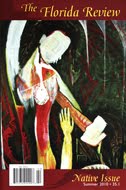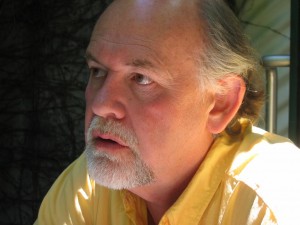 Co-edited by Nicole Oquendo [pictured], Editor Lisa Roney introduces the newest issue of The Florida Review (42.2) in the “Editor’s Note: Heritage, Family, Respect: Who Controls the Narrative?”
Co-edited by Nicole Oquendo [pictured], Editor Lisa Roney introduces the newest issue of The Florida Review (42.2) in the “Editor’s Note: Heritage, Family, Respect: Who Controls the Narrative?”
“It’s with great pride and humility that we bring this array of poems, stories, memoirs, and both filmic and visual art to our readers – we believe that it represents a new generation of self-aware and multi-faceted creators who sometimes seek shelter under the umbrella of ‘Latinx,’ but who refuse to be defined by any label. [. . . ] They are, in fact, quintessentially American, representing the hybridity that makes our literature so strong on this continent, filled with varieties of experience and exhibiting styles that have been learned from an array of cultural sources and then innovated upon.”
Selections highlight heritage, family, parent-child relationships, disability, divorce, and grieving. In several contributions, language and representations in history are examined, with all the works asking, “Who controls the narrative? What do words mean? If we know that they are subject to twisting, then how do we trust any story, any poem, any sentence?” Roney comments, “All of use, it seems, are grappling with these questions.”
Contributors to this issue include Juan Carlos Reyes, Brooke Champagne, Steve Castro, Chris Campanioni, M. Soledad Caballero, Sara Lupita Olivares, Ariel Francisco, Leslie Sainz, Valorie K. Ruiz, Naomi A. Shuyama Gomez, Alana de Hinojosa, Maria Esquinca, Michael J. Pagán, Lupita Eyde-Tucker, Trinity Tibe, Karl Michael Iglesias, George Choundas, Pedro Ponce, Paul Alfonso Soto, Cindy Pollack, Pascha Sotolongo, Cassandra Martinez, Julia María Schiavone Camacho, Ivonne Lamazares, and Michael Betancourt.
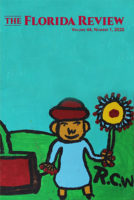

 Co-edited by Nicole Oquendo [pictured], Editor Lisa Roney introduces the newest issue of
Co-edited by Nicole Oquendo [pictured], Editor Lisa Roney introduces the newest issue of 
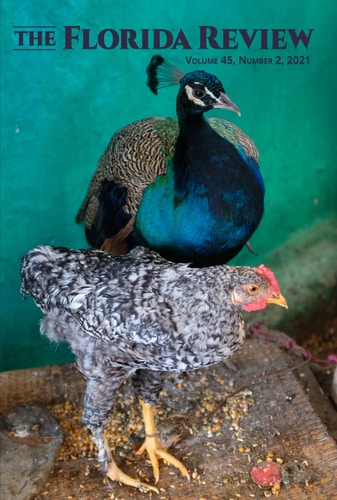 Nonfiction
Nonfiction The Florida Review
The Florida Review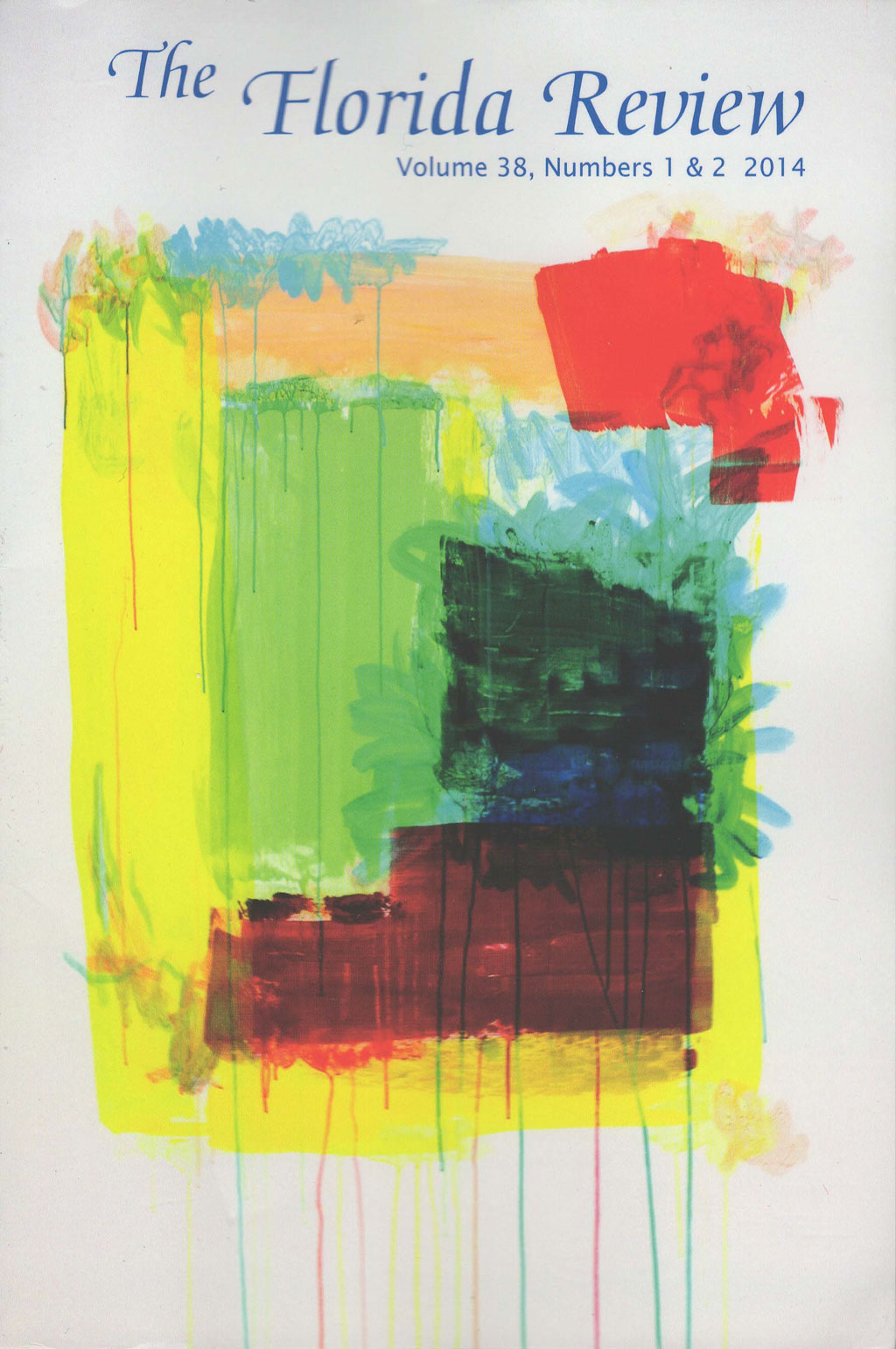 The current issue of
The current issue of 